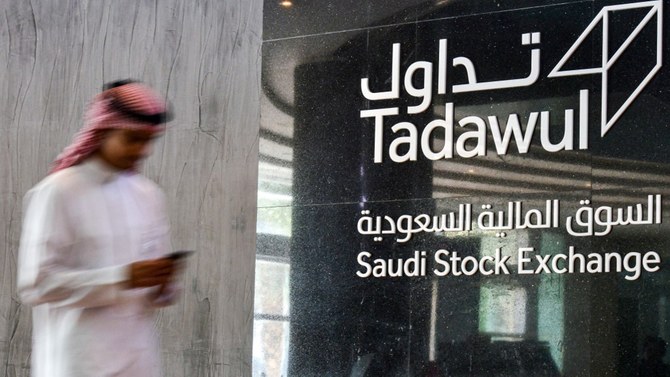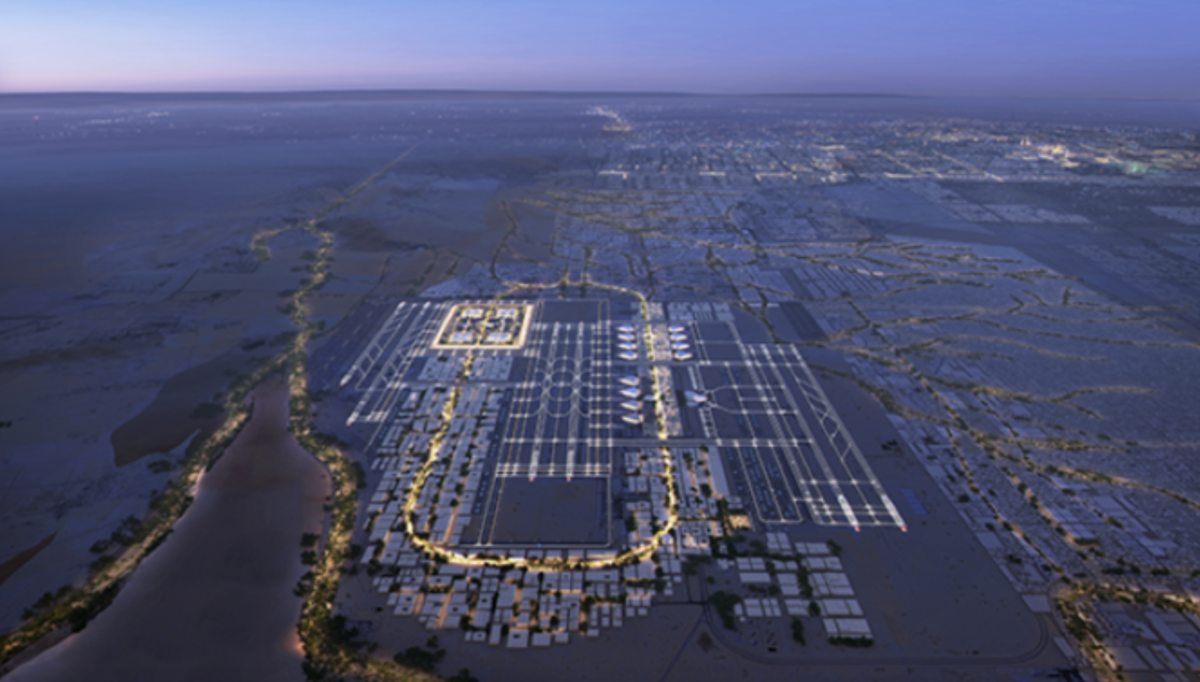RIYADH: Saudi companies have garnered SR659 billion ($176 billion) in orders for their initial public offerings, with investors eager to capitalize on the returns processed over the past two years.
According to Bloomberg, this surge in demand for IPOs has surpassed the record set by Saudi Aramco in 2019 and is affecting the broader market.
The Tadawul All Share Index, which tracks the Kingdom’s stock market, has fallen nearly 8 percent from its peak in March, lagging behind other emerging markets. This dip is partly due to investors holding onto cash for these new offerings, Bloomberg reported.
Marwan Haddad, lead portfolio manager for Middle East and North Africa equities at Azimut, noted: “There is a notable surge in demand and a rush to the market.”
Saudi Arabia is poised to lead the IPOs in the Middle East and North Africa region in 2024, with 27 companies aiming to list on the Kingdom’s main market, according to an analysis by Dubai International Financial Center.
A report by DIFC, in association with the London Stock Exchange Group, said that the IPO pipeline in the MENA region seems promising this year, as several companies postponed their listings from 2023 to early and mid-2024 in anticipation of more favorable market conditions.
“Deals will be driven mainly by Saudi Arabia, where 27 companies have expressed intent to list on the Saudi Exchange (Tadawul), in addition to expected follow-on issuances from Aramco and Savola,” said DIFC.
Bloomberg noted that among the recent IPOs, Dr. Soliman Abdul Kader Fakeeh Hospital Co. attracted SR341 billion in orders for its SR2.86 billion IPO. Saudi Manpower Solutions Co. saw orders worth SR115 billion, 128 times more than the shares available to fund managers.
Moreover, Rasan Information Technology Co., a pioneering fintech firm in Riyadh, received SR108.6 billion for its SR841 million IPO. Meanwhile, water treatment company Miahona drew SR94.4 billion in orders, 170 times its offering size.
“The high demand can be attributed to several factors: an influx of hedge fund managers, substantial appetite from retail investors facilitated by up to 10 times leverage from banks, and the ease of subscribing through digital channels,” Haddad said.
He added that the demand appears inflated as investors adapt to smaller allocations. The oversubscription levels have caused frustration among international and local investors due to reduced allocations. The strong performance of these IPOs also fuels the requests.
Data from Bloomberg shows that of the 61 companies that went public in the last two years, 17 hit the maximum allowed 30 percent increase on their first trading day.
Over half of these companies ended their debuts above the offer price, with an average return of 32 percent. By contrast, European IPOs raising at least $100 million have averaged a 5.2 percent return over the same period.
Faisal Hasan, chief investment officer at Al Mal Capital, said: “The good returns given by the IPOs in the recent past have attracted both retail and institutional investors, leading to the demand.”
He explained that investors tend to place larger orders, knowing their final allocations will be smaller due to the high request level.
The Kingdom’s initiative to diversify its stock exchange is another contributing factor.
“Demand for new listings is strong in Saudi because every other IPO is adding a new sector to a market hitherto dominated by banks and chemical companies,” said Christian Ghandour, senior portfolio manager at Al Dhabi Capital.
“Rasan, for example, adds the fintech and ‘insurtech’ flavors to the market,” he added.
The Capital Markets Authority revised book-building regulations in late 2022 to ensure order books reflected genuine demand and were not inflated by leverage. While this initially reduced oversubscription levels, the effect is diminishing.
Previously, IPOs such as ACWA Power Co. and solutions by stc received immense demand, with orders reaching $300 billion and $126 billion, respectively.
This contrasts with Saudi Aramco’s record $29.4 billion IPO in 2019, which drew $106 billion in orders. The recent figures highlight the sustained and growing interest in Saudi IPOs.



























